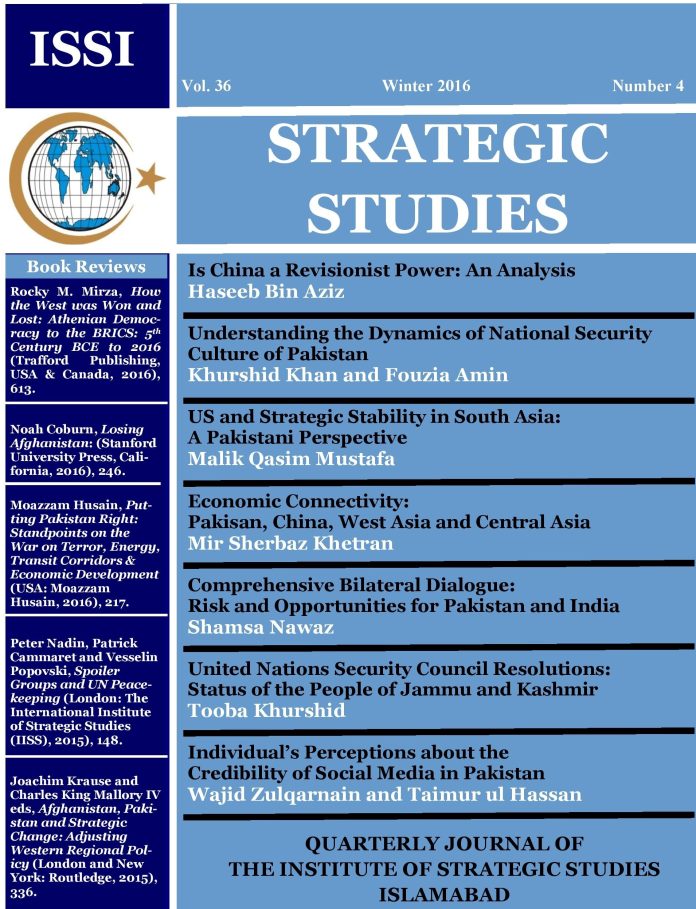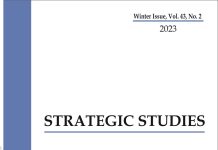Secretary General of the United Nations (UN) in a summit on UN Peacekeeping in September 2014 said, “The world is changing and our support to peacekeeping, and indeed all peace operations, must keep pace.” Nadin, Patrick and Popovski, in their book talk about the changing role of UN peacekeeping around the world, and how its role has evolved since the WWII. Peace operations of today are situated in more complex working environments, inflexible political situations and high-risk settings. The book is intended to read like a manual for the UN peacekeepers in the field or for future peacekeeping missions through systematic analyses in its six chapters, citing examples of past missions and pacts, which in most cases, according to the authors, hampered the UN peacekeeping missions. The book acts as a policy guide for the UN, and is part of the IISS Adelphi Book Series which is based on key security issues.
The Spoilers Group, according to the authors, are those which act out against the work done by the UN missions and the government institutions to restore peace and order. These groups are mostly non-state actors and, therefore, act out in a bid to spoil peaceful environment until their demands are fulfilled, and are willing to use violent means against anyone to achieve their own set of goals. The nature of conflict is ever shifting with the inter-state wars that catalysed the creation of the world-body dedicated to maintain international peace and security, giving way to internationalised civil wars of today. Nadin, Cammaret and Popovski in the Chapter 1 of their book, talk about the armed non-state actors who have become a major nuisance for UN peacekeepers in modern conflict zones especially in African countries. The authors go into a great detail to provide better interpretation of these Spoiler Groups regarding recruitment, resource generation, motivation, logistics, command and control structures, and receiving of popular support especially from rural areas. These armed groups adapt to the changing situations and are, therefore, able to sustain and survive for such a long period of time and create countless challenges for the UN missions to deal with. Understanding them and how they operate is therefore critical.














